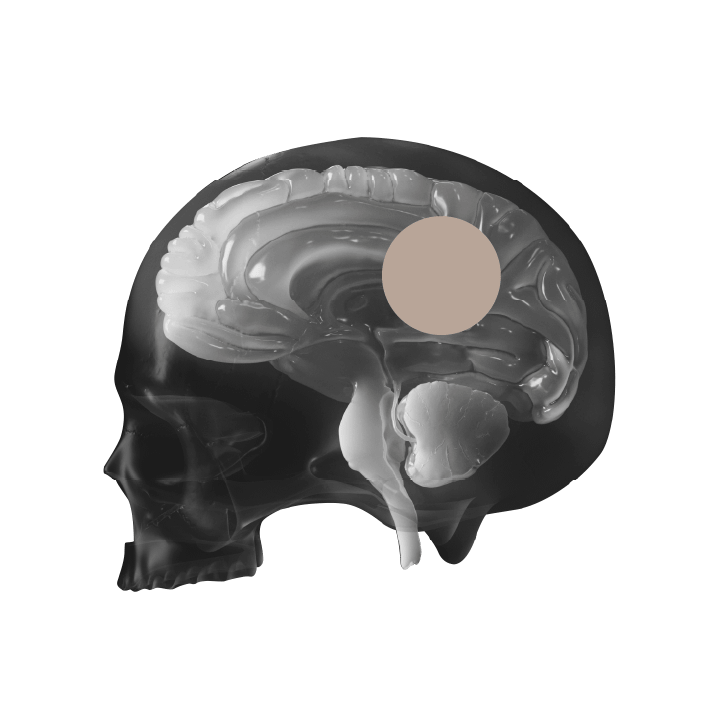9/11 Brain Cancer Lawyers
September 11th, 2001 will be remembered as a tragic day in American history. The aftermath of the World Trade Center attacks left many survivors, first responders, and nearby residents in tragic circumstances that have continued to impact their health, even more than 20 years later. With exposure to many harmful elements after 9/11, survivors have contracted a number of illnesses and diseases, including 9/11 brain cancer.
In response to the many victims who continued to suffer from illnesses related to September 11th, the Victim Compensation Fund (VCF) was created to either support victims’ recovery or to compensate the families of those who died. Working with a 9/11 benefits lawyer can help you in claiming your benefits while adhering to applicable timelines. If you or a loved one suffer from brain cancer that’s related to September 11th, contact Pitta & Baione LLP to discuss your claim with a 9/11 benefits attorney.
Maximum pain and suffering award for
BRAIN CANCER:
$250,000
*Does not account for additional conditions or other forms of loss. Prior results and outcomes are not guaranteed.
SYMPTOMS AND DIAGNOSIS OF BRAIN CANCER
Brain cancer can occur in the membrane around the brain, on or around the spinal cord, or within the brain tissue itself. Each part of the brain controls different parts of the body.
Therefore, symptoms can vary widely. Common symptoms of brain cancer include:
- Frequent headaches
- Nausea and vomiting
- Numbness
- Muscle weakness
- Seizures
- Difficulty with speech
- Memory loss
- Unexplained personality changes
Other symptoms may seem less noticeable. These include:
- New onset or a change in the pattern of headaches
- Vision problems (e.g., blurred vision, loss of peripheral vision, double vision)
- Loss of sensation or movement in an arm or leg
- Balance problems
- Speech problems
- Hearing problems
- General confusion
- Seizures
Diagnosing brain cancer requires diagnostic testing, which may include MRI, CT or PET scans, as well as a biopsy and other laboratory tests. The type of tumor, as well as the location of the tumor or cancerous cells can vary. This makes identifying brain cancer difficult.
The World Trade Center Health Program can offer covered treatment for brain cancer in 9/11 survivors.
WHAT ARE THE TYPES OF BRAIN CANCER?
There are two main categories of brain cancer: primary brain cancer, which begins in the brain, and secondary brain cancer, which develops elsewhere in the body and eventually spreads to the brain.
Some examples of VCF eligible primary brain cancers include the malignant forms of:
- Gliomas: Tumors that begin in the brain or spinal cord
- Astrocytoma
- Ependymoma
- Glioblastoma
- Oligodendroglioma
- Meningiomas: Tumors that arise from the membrane that surrounds the brain and spinal cord
- Acoustic neuromas: Tumors that develop on the nerves that control balance and hearing
- Pituitary carcinomas: Tumors that develop in the pituitary gland at the base of the brain
- Medulloblastomas: Tumors that begin in the lower back part of the brain and spread through spinal fluid
Secondary brain cancers are more common in adults than primary cancers, and occur most often in people who have a history of cancer. Any kind of cancer can spread to the brain, but some of the most common types include breast cancer, colon cancer, kidney cancer, lung cancer, and melanoma.
ARE 9/11 SURVIVORS AND RESPONDERS AT RISK OF BRAIN CANCER?
The precise link between exposure to the toxins of 9/11 and cancer is still unknown, but research shows that 9/11 survivors and responders are at a higher risk of developing some type of cancer than the general population. Our 9/11 attorneys encourage such individuals to closely monitor their health conditions and work with their doctors to identify any possible early signs of cancer.
TREATMENT OPTIONS FOR WORLD TRADE CENTER SURVIVORS
Since the brain is essential to life, treating brain cancer promptly is important to prevent further progression of the disease and other symptoms. Surgery is often a first treatment to remove as much of the cancerous brain tumor as possible. Neurosurgery is a more specialized surgery that involves the nervous system. Tumors are removed from the brain and nervous system, including the spinal cord.
After surgery has been completed, chemotherapy, radiation, and targeted drug treatments are often used to further treat brain cancer. Additionally, a comprehensive treatment plan that includes rehabilitation, pain management, and nutritional support can help the patient through treatment and recovery.
IS 9/11 BRAIN CANCER A COVERED CONDITION FOR VCF BENEFITS?
Yes. Brain cancer is considered a “rare cancer,” which is defined as one with a threshold incidence rate of fewer than 15 cases per 100,000 persons per year. Brain cancer meets that definition under the World Trade Center Health Program (WTCHP) guidelines, which classifies individuals who suffer 9/11-related brain cancer as being eligible for VCF benefits.
CONTACT A 9/11 BRAIN CANCER LAWYER TO DISCUSS YOUR ELIGIBILITY FOR BENEFITS
If you or a loved one is suffering as a result to toxin exposure from September 11th, contact a 9/11 brain cancer attorney at Pitta & Baione LLP by completing our online contact form or calling us at 844-901-1312.





